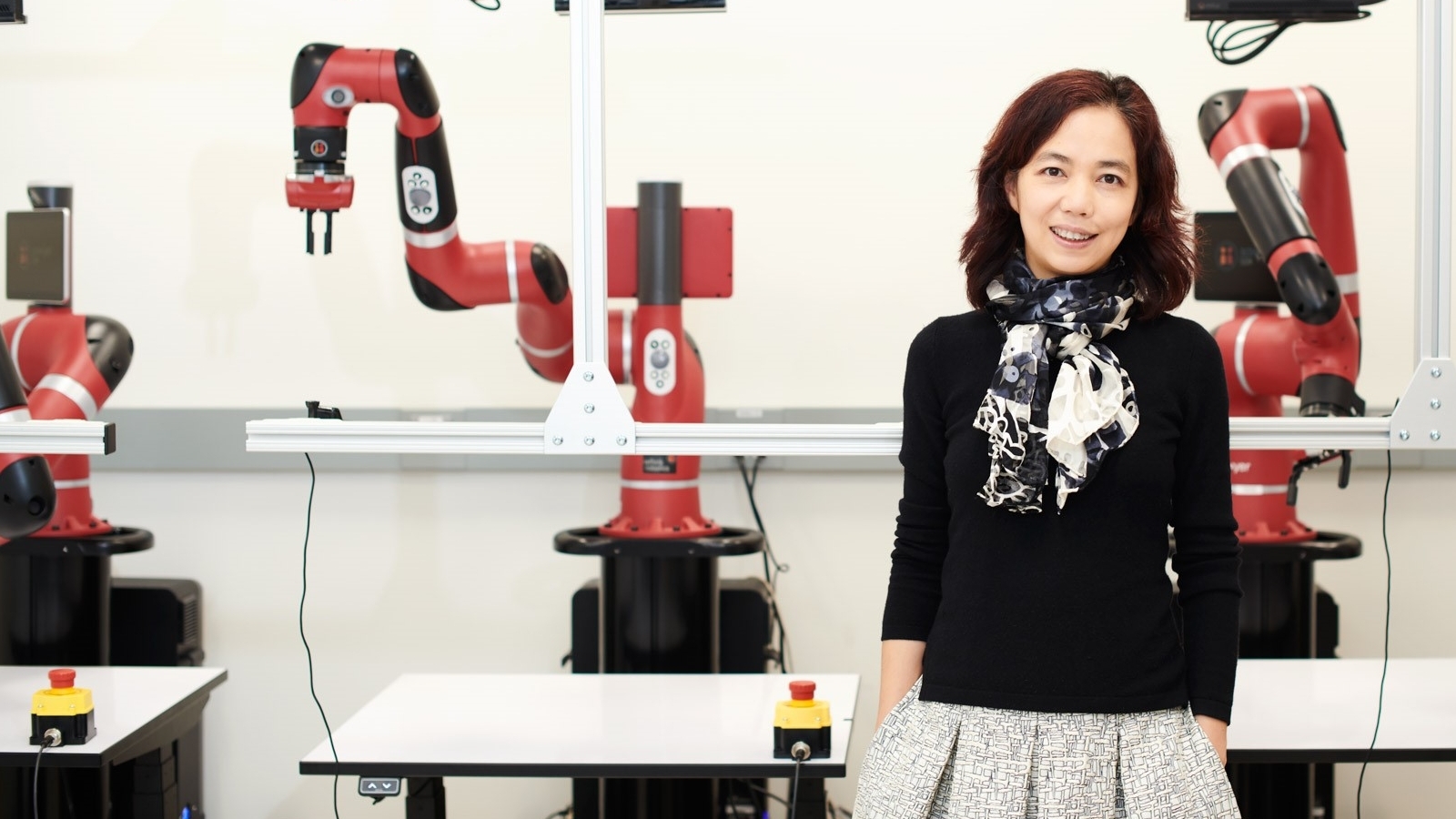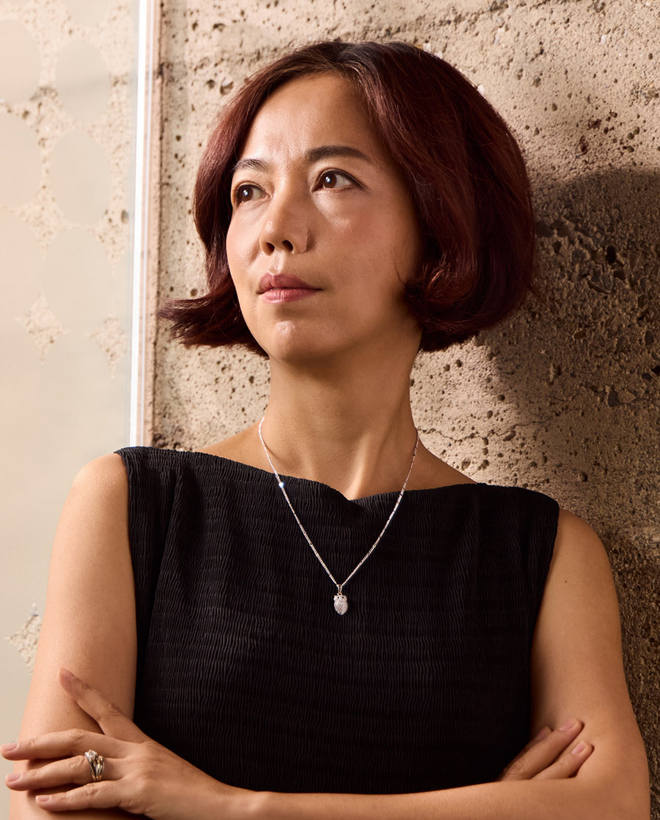Fei-Fei Li


Fei-Fei Li
Pioneering developer of Artificial Intelligence, you immigrated from China with your parents to an early life of poverty in America. Waitress, house cleaner, dog walker, you were recognized by your remarkable high school teacher who helped you discover your passion for math and science, and the expansive opportunities America affords a young child of passion, resilience, and promise.
Pathbreaker and proselytizer for an AI technology with the power to reshape life as we know it, Yale honors the originator of “Human-centered AI, “who has dedicated herself to answering her mother’s question - “Fei-Fei, what else can AI do to help people?” – as with admiration we confer on you the degree of Doctor of Engineering and Technology.
A pioneering computer scientist in the field of artificial intelligence (AI) and machine learning (ML), Dr. Fei-Fei Li is widely recognized as the “godmother of AI.” She is the inaugural Sequoia Professor in the Computer Science Department at Stanford University, and a founding co- director of Stanford’s Human-Centered AI Institute. Li served as the director of Stanford’s AI Lab from 2013 to 2018. During her sabbatical from Stanford from January 2017 to September 2018, she was vice president at Google and chief scientist of AI/ML at Google Cloud. Li has served as a board member or advisor in various public or private companies. She is currently the co-founder and chief executive officer of World Labs, an AI company focusing on spatial intelligence and generative AI.
Born in Beijing, China, Li immigrated to the U.S. with her parents at the age of fifteen, where she enrolled in public high school to learn English and study for college. With determination, resilience, unwavering support from her parents, and an incredibly generous high school math teacher and his family, Li entered Princeton University to study physics, and obtained her bachelor of arts degree in 1999. She then received her doctorate degree in electrical engineering from California Institute of Technology (Caltech) in 2005. She has been recognized as distinguished alumni by both Princeton and Caltech in 2020 and 2024 respectively. Li holds an honorary doctorate degree from Harvey Mudd College.
Li is one of the most cited computer scientists of her generation, having published more than four hundred scientific articles in top-tier journals. She is the lead inventor of ImageNet and the ImageNet Challenge, a critical large-scale dataset and benchmarking effort that has been widely regarded as one of the three driving forces of the birth of modern AI and deep learning revolution. Li’s research includes AI, machine learning, deep learning, computer vision, robotic learning, and ambient intelligence for healthcare delivery.
“Science often begins with a question that seems impossible, pursued with insatiable curiosity, relentless determination, and boundless passion. For a scientist, each step is a journey toward a North Star — one of many shining in the sky of imagination.”
Li has been a tireless advocate for human-centered AI, a framework to advance AI research, education, policy, and practice to better human conditions. She has worked with policymakers nationally and locally to ensure positive and human-centered progress in AI technologies, including U.S. Senate and Congressional testimonies, her service as a special advisor to the Secretary General of the United Nations, serving as a member of the California Future of Work Commission for the Governor of California in 2019 - 2020, and as a member of the National Artificial Intelligence Research Resource Task Force for the White House Office of Science and Technology Policy and the National Science Foundation in 2021-2022.
Among her numerous recognitions, Li is an elected member of the National Academy of Engineering, the National Academy of Medicine and American Academy of Arts and Sciences. She is a laureate of the VinFuture Prize (2024), a recipient of the Intel Lifetime Achievements Award (2023), the IEEE PAMI Thomas Huang Memorial Prize (2022), the IEEE PAMI Longuet-Higgins Prize (2019), the National Geographic Society Further Award (2019), the IAPR J.K. Aggarwal Prize (2016), the IEEE PAMI Mark Everingham Award (2016), the Alfred Sloan Faculty Award (2011), the NSF CAREER award (2009), and the Microsoft Research New Faculty Fellowship (2006), among others.
Li has delivered many academic speeches, including the Tanner Lecture at Yale University (2022), keynote speeches to top AI conferences, TED talks (2015, 2024), and the opening keynote of the Paris AI Summit (2025). In 2023, Li published a science memoir called The Worlds I See: Curiosity, Exploration and Discovery at the Dawn of AI, detailing an intertwined journey of the coming of age of a young scientist and the coming of age of modern AI.